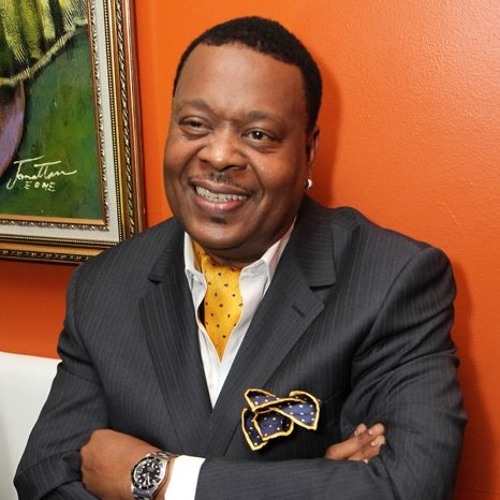On November 14, 1979, a significant schism within Bossa Combo, occurring during the drummer’s 25th birthday, led to the formation of “Accolade de New York” while recording the album “Racines” at the legendary Power Station in New York. This pivotal moment in the band’s history required the urgent intervention of Haitian promoter and producer Frédéric “Fred” Paul of Mini Records to salvage the project. From this album, Mario notably collaborated with Jean-Claude Desgrottes on “Septième Commandement” and contributed to hits like “Permane” and “L’An 2000.”
After this split, the drummer-composer returned to his ensemble in Port-au-Prince on December 20, following a rejuvenating four-week vacation in Montreal. Ten months later, he recorded the album “L’Essentiel” in Jamaica, featuring the hit song “Religion.” Mario subsequently moved to the United States, marking a significant transition in his career with the release of “At the Beach” during the “La Grande Power” tour in New York in December 1981.
In the summer of 1982, Mario de Volcy returned to Haiti with renewed vigor. By the year’s end, he embarked on a solo journey with his album “Première Communion,” which proved to be a significant success and marked his consecration as an artist. Each track on the album addressed serious themes such as faith, the importance of musicians, and the valorization of football, Haiti’s national sport.
Encouraged by the success of “Première Communion,” Mario released his second LP, “Viva Carnaval,” in 1985, followed by “Viva Haïti” in 1987, showcasing further innovation in blending sophisticated musical instruments into roots music. After completing his studies in Puerto Rico, Mario settled in New York for two years, where he took voice and piano lessons, performed across the New York metropolitan area, and embraced the timpani while transitioning from traditional drumming.
In 1990, Mario returned to Port-au-Prince, forming the group MIRAK with his brothers among others, which debuted at Ibo Lélé on November 17, 1990. Despite the initial success and the number one ranking of their video clip “Ayiti pou Afrik di Sid-Mandela lage,” MIRAK was dissolved following Mario’s permanent relocation to the United States in September 1991.
Mario’s fourth solo album, “Super Mario IV,” released in 1998, was a culmination of his innovative efforts, blending traditional Haitian music elements with modern influences. This album redefined Konpa Direk, introducing fresh sounds that captivated the music scene. Despite his earlier struggles with narcotics, Mario’s recovery and subsequent contributions have established him as a model of resilience and success in the Haitian music industry.
Throughout his career, Mario has been a versatile figure, contributing significantly as a musician, presenter, and producer. His collaborative projects have enriched the musical landscape, and his personal charm and approachability have made him a beloved figure in the community.
Mario de Volcy’s journey through music and life illustrates a profound commitment to his art and his nation, making him a pivotal figure in promoting Haitian cultural heritage and music. His legacy continues to influence new generations, reminding them of the importance of creativity, resilience, and integrity in the arts.
